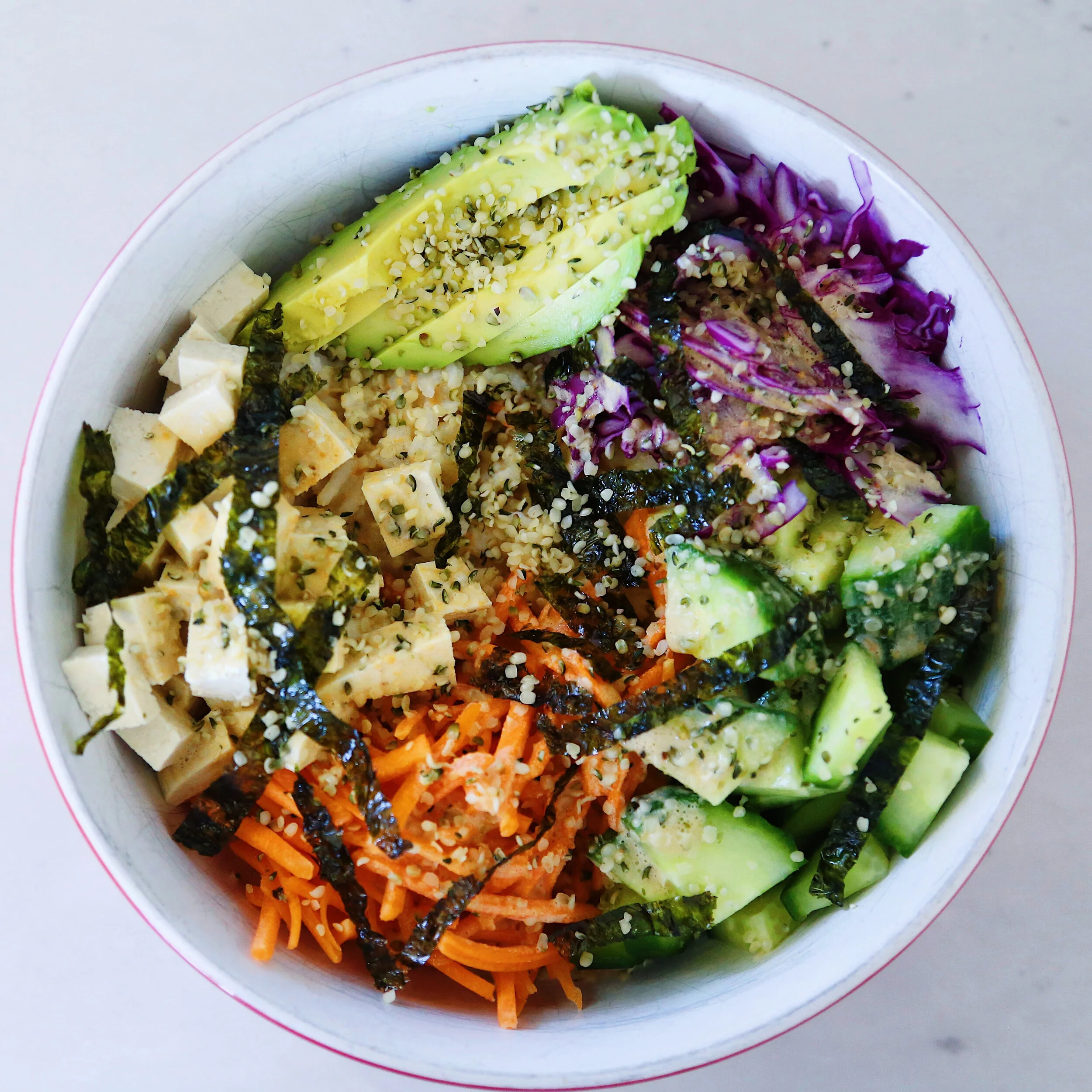All you need to know to cook without oil
There are a wide variety of reasons you may want to limit or avoid oils of all kinds in your diet. It can help improve your skin, aid in weight loss efforts, and according to a growing number of medical professionals, may help prevent chronic illnesses such as heart disease and diabetes.
At first, you may feel intimidated by the thought of cooking without oil. But learning to cook without it may not be as challenging as you think. It might take some getting used to, and some time to get your recipes just right, but the move toward oil-free cooking is a giant step in the right direction if improving your health and the way you feel is important to you.
The first thing you’ll want to consider is cookware. While there are several options to choose from, including non-stick pans or ceramic titanium pans, I highly recommend enamel coated cast iron. My personal favorites are Staub and Le Creuset. While these are on the more expensive side, remember that you don’t have to buy an entire set at once; you can build out your cookware collection one piece at a time. Not to mention the fact that cookware from brands like this will last you a lifetime if used and cared for properly.
For ovenware, I recommend silicone baking sheets and casserole dishes (or enamel coated cast iron casserole dishes), and of course, parchment paper to further prevent sticking.
When sautéing or stir-frying plant-based dishes, water or vegetable broth is just as effective as oil - if not better. I like to use small amounts (a tablespoon or two at a time) and use it as needed until the dish is ready. Cooking on a low to medium heat, and stirring often, is important so that you don’t burn whatever you’re making or ruin your cookware.
I like to mist vegetables with vegetable broth or water when roasting dishes, too. As long as everything is evenly coated, water or vegetable broth is just as effective as oil. To enhance flavor, once you’re done misting your vegetables with water or vegetable broth, add herbs and spices . To make something crispy, such as fries, pop the baking sheet under the broiler for the last few minutes.
Oil can easily be replaced when baking as well. I recommend trying unsweetened applesauce, mashed banana or date paste (which is just dates and water, blended in a food processor). Baking can be tricky (even if you’re using oil), so be patient and don’t be turned off if it takes a few attempts to get a recipe just right.
As you can see, cooking without oil is a lot easier than you may think. With the right cookware, technique, a bit of patience, and perseverance, you can cook almost anything without it. And once you start, the better you’ll feel and the healthier you’ll be!
If you liked this article, be sure to sign up for my newsletter to receive this type of content and more delivered to your inbox every month!














